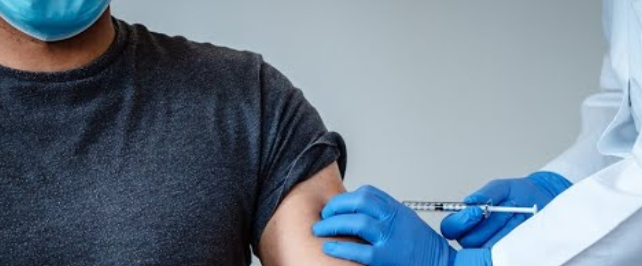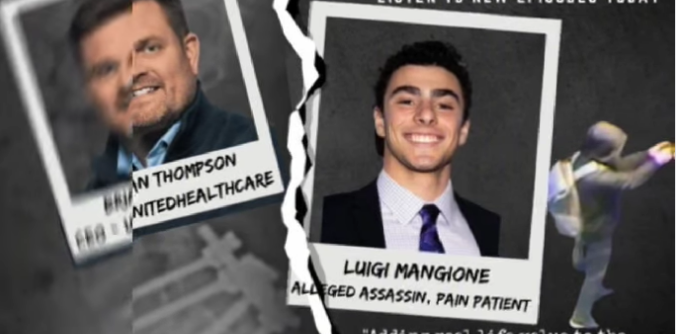News from Pfizer Inc. and Moderna Inc. that, based on initial trials, their experimental vaccines are well over 90% effective and safe is great news for the country – and for the world – but it is far too early to be letting our guard down.
Even as these companies are quickly moving ahead with applications for Emergency Use Authorizations (EUAs) from the U.S. Food and Drug Administration (FDA), the vaccines have one common factor that presents a tremendously high challenge to their rapid distribution: their cold storage requirements.
While traditional vaccines are usually stored between 35 and 46 degrees Fahrenheit, the Moderna and Pfizer COVID-19 vaccines need to be stored at much colder temperatures, far lower than your average freezer is able to accommodate. Moderna’s vaccine requires a storage temperature of minus 4 degrees Fahrenheit (-20 degrees Celsius), whereas Pfizer’s vaccine candidate requires a storage temperature of minus 94 degrees Fahrenheit. These are not easy temperatures to maintain accurately, and a deviation of even one degree can make a whole batch unusable.
There are two other “platforms” or types of vaccines that are being developed as part of the U.S. “Warp Speed” program, but none of the other types of vaccines are in the final stages of development where they can start applying for FDA emergency approvals. Until others become available, we will have to rely on these first two vaccines, which are completely dependent on what is known as “the vaccine cold chain”: a supply chain that can keep vaccines in tightly controlled temperatures from the moment they are made to the moment that they are administered to a person.
The problem is that, just as we had a Personal Protective Equipment (PPE) supply crisis when the pandemic first broke out in the U.S. earlier in the years, there are just not enough cold storage facilities available in the U.S. to distribute these two vaccines on a widespread national scale. First of all, most of the cold storage facilities that can provide the low reliable temperatures necessary are in large metropolitan areas, which means that most of rural America and Native Americans living on tribal lands will be excluded from access to these vaccines unless Congress immediately funds a crash program to expand this country’s cold storage capacity to meet the logistical demands of an equitable national distribution plan.
The same goes for the CDC’s plan for priority distribution to healthcare workers and other essential workers. Just as testing is now more readily available in urban centers with large and relatively well-funded medical facilities than in rural areas and poorer communities, the Pfizer and Moderna vaccines will only be readily available to healthcare professionals, essential workers, and those with co-morbidities and at higher risk if they are located in the vicinity of a medical facility that has ultra-cold storage capability.
Secondly, the “CDC’s Vaccination Program Interim Playbook,” released on October 29, 2020, recognizes that vaccines requiring “ultra-low” temperatures – such as the Pfizer and Moderna vaccines – “will be shipped directly from the manufacturer to the vaccination provider site.” However, neither the CDC nor any other federal agency has adequately addressed the 800-pound gorilla in the room, which is that if there are no ultra-cold storage facilities at the receiving end of the supply chain for these vaccines, they cannot be shipped to those locations since, upon arrival, there is no means to keep the vaccine supplies cold enough or at a constant ultra-low temperature while it is being distributed to the local population.
Indeed, there is an air of unreality in the CDC’s Interim Playbook, at least to the extent that it is intended to provide standards for distribution of the “first wave” of vaccines requiring ultra-cold storage, since it purports to have the same standards apply to every “state, territorial (including the US-affiliated Pacific Islands [USAPI] of American Samoa, the Commonwealth of the Northern Mariana Islands, Guam, the Federated States of Micronesia, the Republic of the Marshall Islands, and the Republic of Palau), tribal, and local public health programs.”
Unless the CDC has some plan to wave a magic wand and get ultra-cold storage units shipped to American Samoa and other far-flung island and rural areas, it would probably be better in serving the public health needs of these areas to candidly admit that they will not have any vaccines made available until at least the “second wave” or “third wave” vaccines start to kick in, which will be the ones that do not require ultra-cold storage.
On the bright side, several major logistics companies, including UPS and DHL, have already invested in new storage facilities for cold chain management. UPS is adding freezer farms of 600 freezers near UPS air hubs in Louisville, Kentucky, as well as in the Netherlands. Each freezer will be able to hold 48,000 vials of vaccine and could easily store either the Pfizer vaccine or the Moderna vaccine at the necessary low temperatures. But, even for those who are fortunate to have access to a first-rate, well-funded hospital or medical facility that has the capability to accept the Pfizer and Moderna vaccines once they are finally approved and ready for distribution, this winter will continue to be a dark and harsh one from a public health perspective, since even these highly temperature-sensitive vaccines will not be available to most of us for the next several months.
As tired and frustrated as we all are with the boring mantra of Dr. Fauci and other qualified health professionals (which do not include charlatans such as Dr. Scott Atlas), reminding us that hand washing, face mask wearing and social distancing (yes, even during the Holidays) are the best and only effective tools available to us to combat this deadly virus, we must stay the course.
Hundreds of millions of vaccine doses are necessary for widespread public immunity to take hold in the U.S., and billions of doses worldwide. And we will have to accept the reality that we will be taking these vaccine shots on an annual basis (along with your flu shot of course) for the foreseeable future. The human species did not get where it is today by failing to adopt to a changing environment.
If we do not want to end up like the dinosaurs, or perhaps more analogous, the dodo birds, we must – in the immortal words of Marine Gunnery Sergeant Highway in Heartbreak Ridge – “improvise, adapt and overcome.”
Kenneth F. McCallion is a New York-based attorney and author who previously worked at the New York City Department of Health and the Office of the New York State Special Prosecutor for Nursing Homes and Medicaid Fraud. His most recently published book is COVID-19: The Virus That Changed America and the World.






